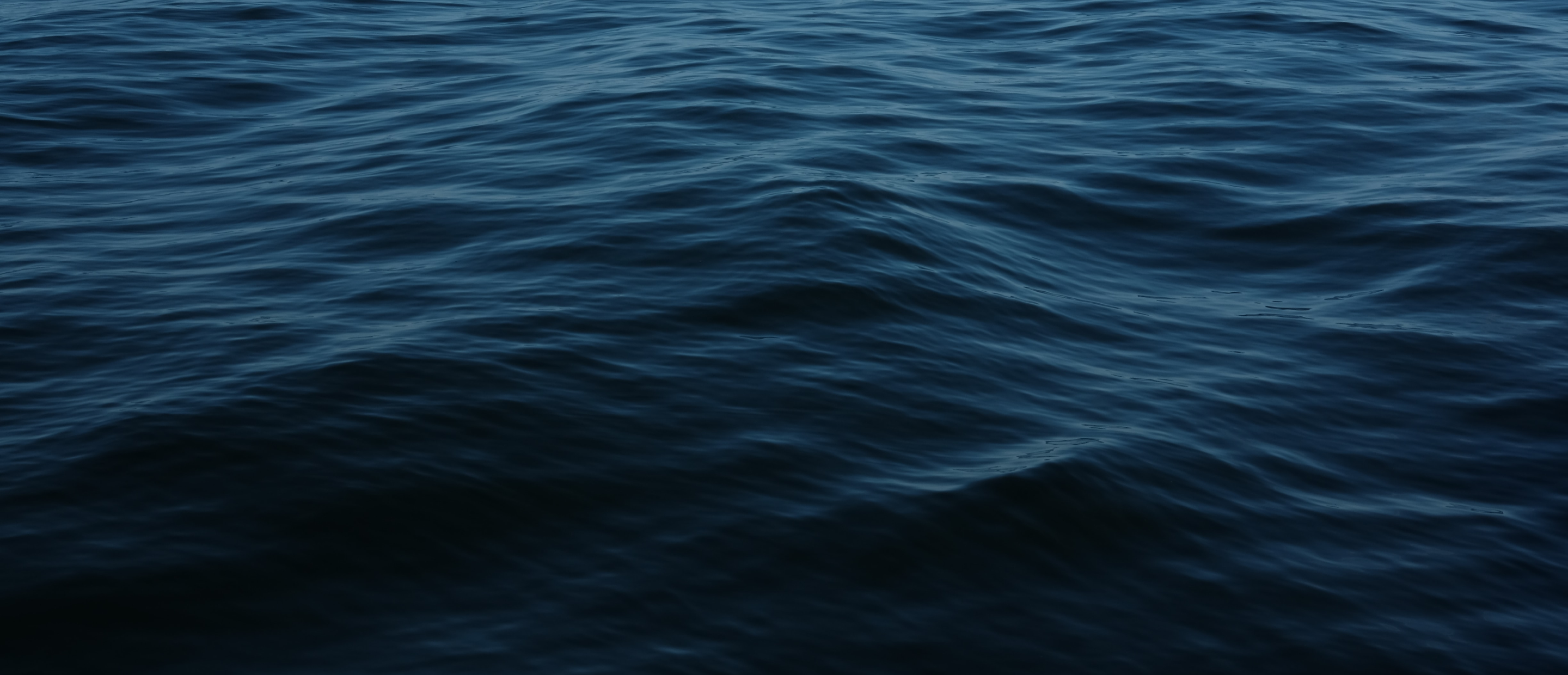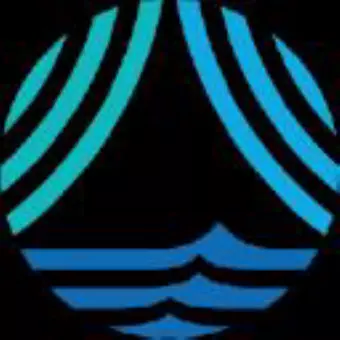Ocean Job Board


Woods Hole Oceanographic Institute
This job is no longer accepting applications
See open jobs at Woods Hole Oceanographic Institute.See open jobs similar to "Software Engineer I" Schmidt Marine.Job Summary
Woods Hole Oceanographic Institution is searching for a highly motivated and enthusiastic Autonomous Underwater Vehicle (AUV)-experienced Software Engineer to join the Oceanographic Systems Lab (OSL) within the Applied Ocean Physics & Engineering Department (AOPE). This is a regular full-time, exempt position, and is eligible for full benefits.Job Description
Essential Functions and Responsibilities
Embedded software experience
Field experience with AUVs is considered extremely valuable
Excellent working knowledge of C and/or C++, and several other programming languages, including one or more of: Python, Perl, Linux/Unix shell, or Matlab/Octave
Must have firsthand experience of ROS or ROS2 based coding
Must have experience with git or similar revision control system
Must be able to work on site at WHOI to scope tasking, work with vehicle design teams, and do proprietary code uploads
Conceptualizes solutions to robotics and autonomous vehicle software engineering problems
Develop, calibrate, and test new code designs and techniques to support sea tests
Can develop computer code to support sea testing on a demanding timeline
Can troubleshoot code and identify time and scope to repair
Participates in report writing to document developments and tests. May be tasked to single-author reports and articles
Should be able to function in a team atmosphere, collaborating on projects and code
Should value scientific and national security work
Experience with programming and debugging embedded systems desirable
Highly desired skills:
Experience with rapid software development in a proprietary environment
Understanding of AUVs and their applications
Other skills that are desirable include:
Experience with version control within a team software development environment
Experience with Linux operating system programming and administration
NON-ESSENTIAL FUNCTIONS:
Education and Experience:
Engineering degree or other appropriate discipline with minimal work experience, or evidence of an established, specialized engineering skill gained through experience in the absence of a formal degree. (Candidates with a Bachelor's degree and minimal experience in an unrelated field will likely start on the Department Assistant ladder.)
Engineer I:
As an initial position on the Technical Staff, an Engineer I is not expected to remain at this level for more than two to three years. During this time, the Engineer I is expected to demonstrate the appropriate engineering skills, intellectual motivation, and growth in independence and creativity to warrant promotion to the Engineer II position. Failure to reach the level of Engineer II within two to three years may warrant reclassification or termination.
Additional Job Requirements
Special Requirements:
Physical Requirements:
Physical duties for this position include but are not limited to, ability to lift less than 25 lbs independently, 2 times per day; carry 10-25 lbs, 2 times per day. Visual abilities to include near, far, peripheral, depth perception, and ability to distinguish basic colors. Hearing requirements include the ability to hear and respond to instructions, communicate effectively in loud areas (pier/dock, warehouse). Other physical tasks include occasional prolonged standing/walking; use of hands for basic /fine grasping and manipulation, repetitive motion, reaching above and below the shoulders, pushing, pulling, kneeling, bending, twisting, and stooping. Other occupational requirements include talking, traveling, working around others, and with others. Will be exposed to dust or other irritants and electrical/mechanical/power equipment hazards. Physical duties are subject to change.
Sea Duty:
May work at least 8 hours per day and, at times in excess of 12 hours per day, 7 days per week. Sleep and work hours can deviate from those on land. May be expected to work on watch schedule (such as 8 hours on and 8 hours off or 12 hours on and 8 hours off) for all or part of a cruise or to work as hours are needed to accomplish the planned work. May need to travel during holidays and for long distances to and from foreign ports. May experience rudimentary living and working conditions, with shared and basic living quarters and laboratories. May experience bad or extreme weather conditions, including heavy seas, winter weather or hot, tropical weather. Work on deck may occur in both hot and cold conditions around the clock. Sea conditions will lead to active ship motion. Should be able to climb steep and vertical ladders and able to enter and exit compartments through hatches, doors, and sills. Should be able to carry heavy gear and participate in the loading and unloading of the ship as well as in the activities on deck and in the labs during the cruise. Shipboard environment may include: confined areas, shared sleeping quarters (berths) and bathroom facilities, small and basic berthing, fixed meal times and basic menus. Modest levels of heating, cooling, ventilation, and illumination, limited or no email and internet access and limited off-duty and recreational facilities (library, lounge, movies). May be exposed to potential allergens and irritants, including paint fumes. May experience constant and intermittent loud noises, and slippery and uneven surfaces.
Affirmative Action/EEO Statement
Woods Hole Oceanographic Institution (WHOI) provides equal employment opportunities to all employees and applicants for employment and prohibits discrimination and harassment of any type without regard to race, color, religion, age, sex, national origin, disability status, genetics, protected veteran status, sexual orientation, gender identity or expression, or any other characteristic protected by federal, state or local laws.
This job is no longer accepting applications
See open jobs at Woods Hole Oceanographic Institute.See open jobs similar to "Software Engineer I" Schmidt Marine.